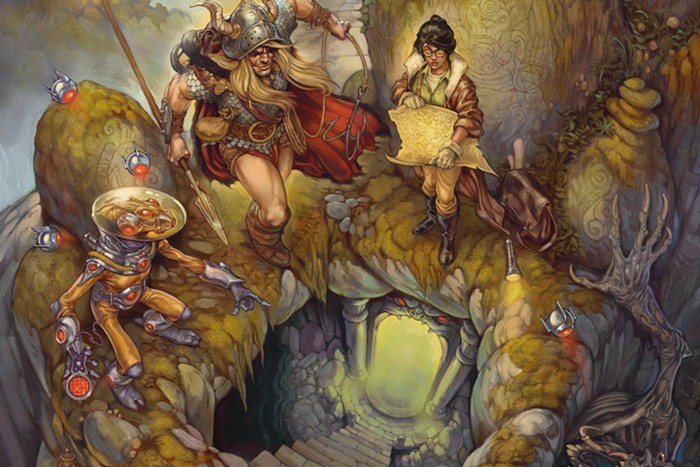by Dalton Conley
(Vintage) $12
The Ordinary White Boy
by Brock Clarke
(Harcourt) $24
Inside the term "people of color" is the idea that white people are not so much "white" as they are "colorless." Whites have a terrible anxiety about this: The only way something can exist without color is in complete and absolute darkness--a total ignorance.
Writing books is one way to relieve this anxiety. Dalton Conley and Brock Clarke have recently written Honky and The Ordinary White Boy, respectively. Honky is a memoir of Conley's childhood in Manhattan's Lower East Side housing projects as the only white kid among his peers. It's quite good. Conley writes tastefully restrained prose that describes even the most melodramatic scenes with undramatic language. Whiteness is the main character in the book, of course, as a ghostly pressure that influences behavior, but it's also something that can be very, very funny (e.g., "Your mom's so white she went to her wedding naked"). This is refreshing, as books about race so often treat the subject like a seven-headed dragon.
The Ordinary White Boy is a novel about Lamar, a Slacker-esque white college graduate in a small town of New York State. It's pretty bad. Lamar is a small-time reporter who works on (and avoids working on) a murder mystery that might be racially motivated. Lamar has the white liberal inclination to theorize about race, but doesn't act on any of his ideas or emotions. He is the "lame white" who can't address his white anxieties, but since the writing is not interesting and the characters outside of Lamar are one-dimensional, it ends up just being a "lame book."
The light at the end of the tunnel in both Honky and The Ordinary White Boy is some kind of self-actualization in whiteness--not colorless-ness, but a distinct and more attractive whiteness.


















